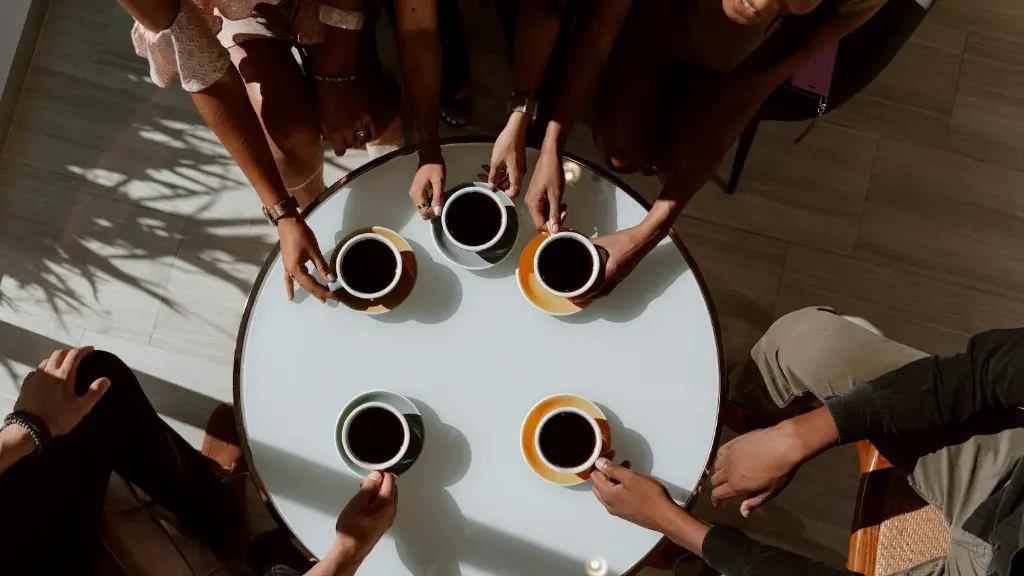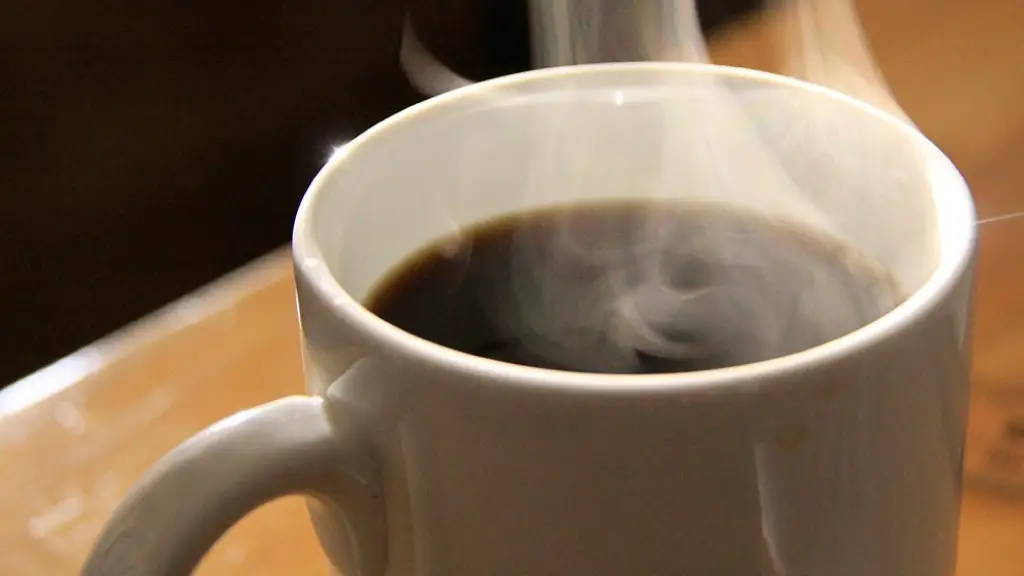Coffee is delicious and energizing. It can also be beneficial to your health when consumed in moderation. But when is the best time to drink coffee? It all depends on your lifestyle, body type, and sleep patterns.
Caffeine, the main active ingredient in coffee, has long been used to help stay awake and alert. Studies have found that it can help improve cognitive performance and alertness, but its effects vary depending on the time it is consumed.
Caffeine has a half-life of 3-7 hours, which means it takes half as long to reduce any desirable effects as it did to create them. This means that if you drink coffee at 10am, half of the stimulating effects will have decreased by 7pm. So, if you have a late night planned, it is best to limit your coffee consumption after 3pm.
Studies have also found that the timing of your coffee consumption can affect your sleep quality. Consuming more caffeine in the morning can help keep you alert during the day, but consuming too much of it late in the day can disrupt your circadian rhythm and make it harder to fall asleep. This can also lead to problems with overall sleep quality.
The National Sleep Foundation recommends avoiding caffeine after 2pm if you are sensitive to its effects. If you are not sensitive to caffeine, there is no need to limit your coffee consumption throughout the day, but it is a good idea to be aware of your caffeine intake and the effects it can have on your sleep patterns.
Ultimately, the best time to drink coffee will depend on your body type and how it reacts to caffeine. If you are sensitive to caffeine or tend to be jittery after drinking too much, it is best to avoid consuming it late in the day. If you are not sensitive to caffeine, there is no need to limit your coffee consumption throughout the day, but it is still a good idea to be aware of how much and when you are consuming it.
How Much Caffeine Is Too Much?
The recommended maximum daily caffeine intake is 400mg, which translates to four cups of coffee. However, individual tolerance to caffeine varies, so the actual amount of caffeine that is too much for you depends on your age, body size, and other individual factors. It is important to be aware of your own caffeine tolerance and to not overconsume caffeine. If you find that you are having difficulty sleeping or feeling jittery after drinking coffee, it is best to stop or start avoiding coffee altogether.
If you are looking to increase your caffeine intake, it is best to have one cup of coffee in the morning and then wait until the afternoon before having another cup. This will give your body some time to metabolize and adjust to the caffeine. It is also important to be aware of other sources of caffeine in your diet, such as tea, energy drinks, cola and chocolate.
Are There Any Benefits To Drinking Coffee Late In The Day?
Although it is best to limit your coffee consumption late in the day, there are some potential benefits to drinking coffee late in the day. One study has suggested that drinking a cup of coffee late in the day can lead to improved cognitive performance and memory recall in the evening. Caffeine can also help reduce physical exhaustion and mental fatigue, which can be beneficial if you are feeling drained after a long day.
However, it is important to be mindful of the amount of coffee you consume and how it is affecting your sleep patterns. If you are feeling jittery or restless after drinking coffee, it is best to limit or avoid coffee consumption late in the day. It is also important to note that caffeine is best avoided if you are trying to wind down and relax in the evening.
Coffee Alternatives
If you are looking to avoid caffeine, there are some caffeine-free alternatives to coffee you can try. Herbal teas such as chamomile, lavender, and peppermint contain no caffeine and can be enjoyed any time of the day. Decaffeinated coffee is also an option, although it still contains around 5mg of caffeine per cup.
If you are looking to reduce caffeine in your diet but still need an energy boost throughout the day, there are some natural energy sources such as fruits and nuts you can turn to. Fruits like bananas, apples, and oranges contain natural sugars and can provide a boost of energy. Nuts such as almonds contain healthy fats and protein, which can also provide energy throughout the day.
Eating Habits
It is also important to consider your eating habits when deciding on the best time to drink coffee. If you are not eating throughout the day, it is best to have coffee with a snack or light meal to help slow down the rate of caffeine absorption. This will reduce the intensity of the effects and help you feel more energized for longer. If you are having coffee on an empty stomach, it is best to have a light snack after drinking it to avoid potential stomach upsets.
Similarly, it is best to avoid drinking coffee at least one hour before meals as it can suppress your appetite, which can lead to unwanted weight loss. However, if you feel like you need some energy before a meal, then it is best to consume coffee an hour before eating in order to take advantage of its energizing effects.
Concerns With Caffeine
Although coffee has many potential health benefits, it is important to be aware of the potential risks associated with consuming too much caffeine. High doses of caffeine can lead to jitteriness, irritability, and insomnia. It may also increase the risk of high blood pressure and heart disease. It is important to understand your own caffeine tolerance and to be mindful of the amount of coffee you consume.
Caffeine can also be addictive and lead to withdrawal symptoms such as headaches and irritability if consumed in excessive amounts. If you are looking to reduce your caffeine intake, it is best to start by slowly reducing the amount of coffee you consume throughout the day. This will ensure that you are able to reduce and eventually eliminate your caffeine dependence.
Conclusion
There is no one ‘right’ time to drink coffee. The best time to drink coffee will depend on your lifestyle, body type, and sleep patterns. Caffeine has a half-life of 3-7 hours and its effects can vary depending on the time it is consumed. If you are sensitive to caffeine or tend to be jittery after drinking too much, it is best to avoid consuming it late in the day. If you are not sensitive to caffeine, there is no need to limit your coffee consumption throughout the day, but it is still a good idea to be aware of your caffeine intake and the effects it can have on your sleep patterns.




